ARTICLES
CATEGORIES
- Anger 2
- Anxiety 26
- Article 1
- Attachment 23
- Body-Mind 4
- Book Review 1
- Business 1
- Chronic Pain 2
- Coaching 29
- Communication 19
- Compassion 20
- Depression 3
- Eating Disorders 2
- Embodiment 1
- Felt Sense 1
- Meditation 10
- Mindfulness 32
- Money 1
- Podcast 3
- Presence 1
- Relationships 27
- Resources 5
- Retreat 7
- Self-Care 31
- Somatic 25
- Stress 29
- Therapy 26
- Trauma 25
- Uncategorized 2
What if Nothing Was Wrong?
Who would you be if nothing was wrong? This is a question I ask myself from time to time. It’s a therapeutic question I drop in there from time to time because my habitual thinking tendency is to look for what’s wrong - it’s a way I survived. It’s a way I made sure to keep track of anything that could go wrong, so I could get away from it or fix it or protect myself in some way if I needed to.
Fight for Me - Digging Deeper
If you didn't see my first post from last week titled, "Fight for Me", go back and start there. This is the second part of that where we'll dig deeper into how to identify what you are feeling and why. We'll start with the following questions.
31 Empathetic Statements That Show You Care
When hearing emotional pain we can easily jump to an immediate reaction to “fix it”…which is not always helpful. When people experience pain, they benefit from being heard and validated through empathy, not pity or sympathy (see the difference here). Sometimes we wish well, but we just have a hard time coming up with empathetic statements.
Often times our natural tendency is to eradicate pain and fix the issue. While this can be helpful in some cases, it is usually best to collaborate and fix an issue (if desired by the hurting person) after hearing and validating the pain.
When we empathize with others, we give them space to process, time to feel heard, a chance to experience support and the opportunity to feel validated in their feelings.



